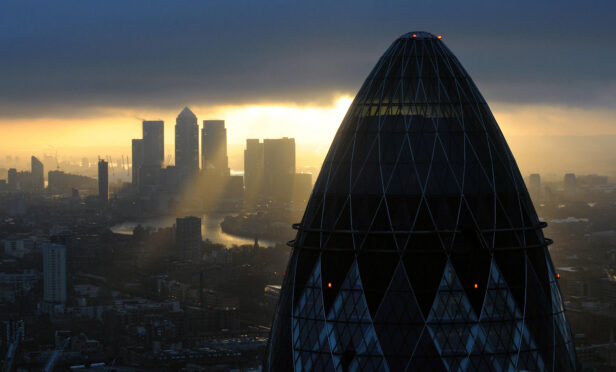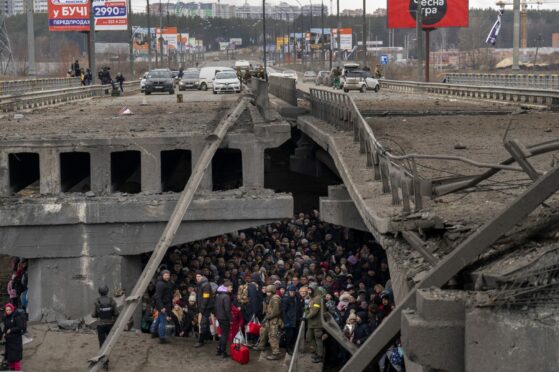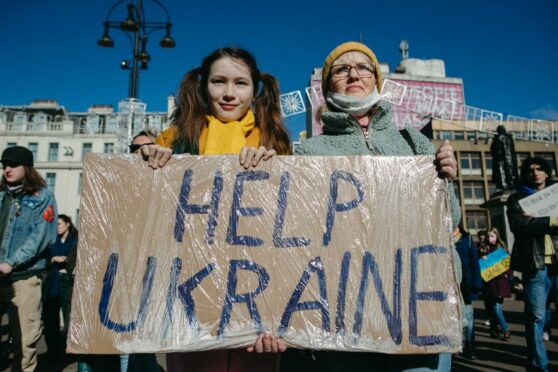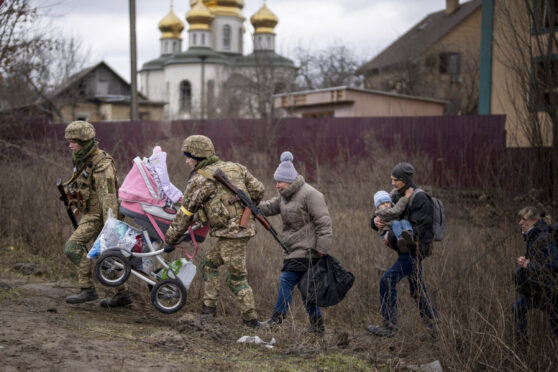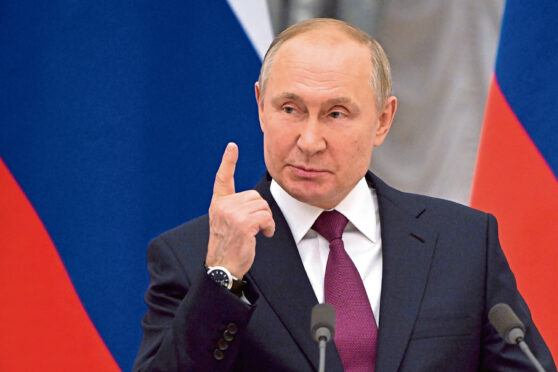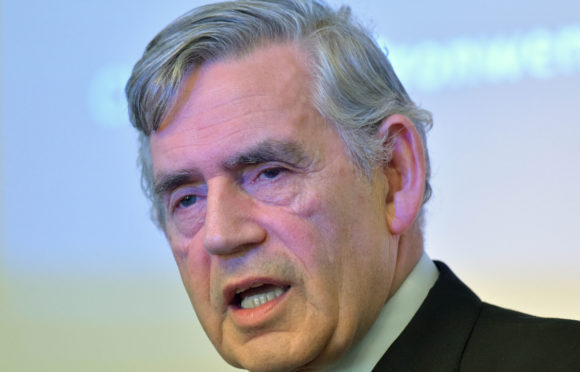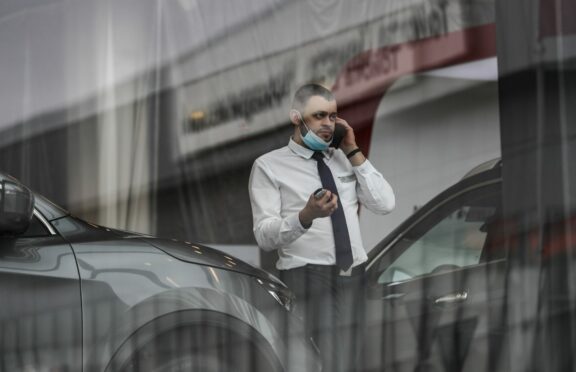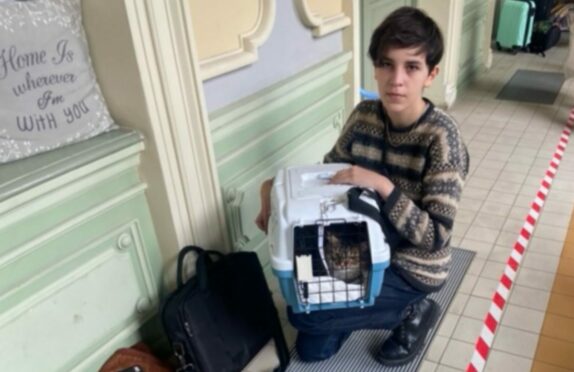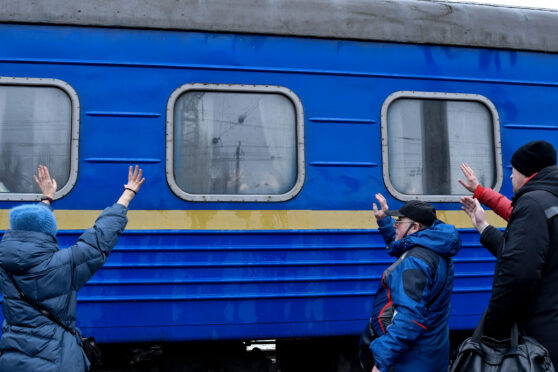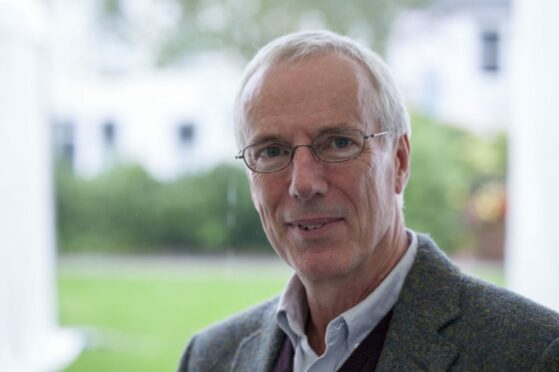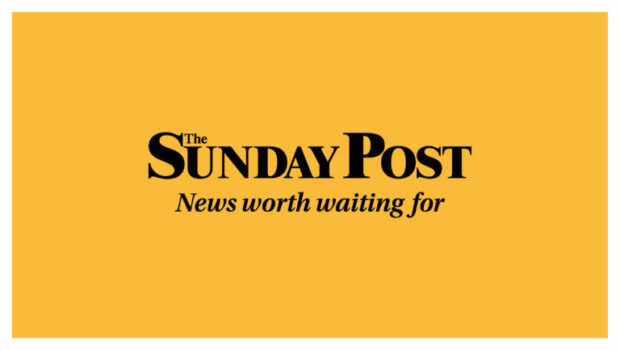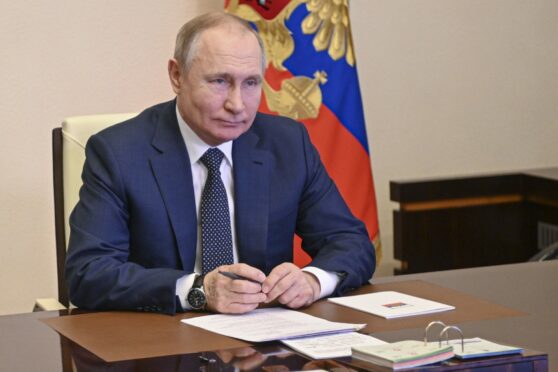
A former diplomat believes only two things can persuade Vladimir Putin to halt his invasion – an uprising by the Russian people or a breakdown of the Russian army.
Leigh Turner, Britain’s ambassador to Ukraine between 2008 and 2012, said that when he visited Moscow in 2009 Russia was relaxed about Ukraine’s relationship with the EU. But large-scale pro-democracy demonstrations in Moscow and other cities convinced the Russian president that he faced a real threat from democracy “washing over” from a successful, democratic Ukraine.
The annexation of Crimea in 2014 boosted Putin’s approval figures in Russia, but they have fallen since 2015. Meanwhile, Russian GDP per capita fell 37% from 2013 to 2020.
Turner, author of The Hitchhiker’s Guide to Diplomacy, said: “Only two things can persuade President Putin to stop the war. One is internal Russian developments. The Russian people are neuralgic about military losses, and the war is not popular as we can see from the immense censorship in Russian media. There were also long-term efforts of the Russian authorities to hide the engagement of Russian regular forces in Luhansk and Donetsk from 2014-2022 and to conceal deaths during that period.
“I do not think the chances of any kind of popular uprising or palace putsch in Russia is high, control of information in Russia is too all-encompassing and civil society and the opposition parties have been bludgeoned into submission over the past 20 years.
“But the longer things drag on in Ukraine the less completely impossible it becomes, especially if news of Russian deaths, Ukrainian civilian casualties and Russian military disasters reaches ordinary Russians.
“I was astonished to hear the Russian Ministry of Defence has admitted to 500 deaths and 1,600 wounded. We do not know if these figures are accurate, but we can be sure that Russia has lost at least that many, and possibly many more. Even a ‘mere’ 500 Russian deaths would indicate the extraordinary intensity of the fighting so far.”
Turner said the second thing that can persuade Putin to stop the war will be a realisation he is unable to win it.
He said: “The fighting has already gone on longer than most people, and certainly the Russian leadership, expected.
“A range of options for further military developments still exists, from Russia gaining a swift victory in the coming days as the Ukrainians tire at one end to Russian forces becoming increasingly demotivated as losses mount and becoming unable to pursue an effective military campaign at the other end – or anything in between.
“If Russian forces really stop making much progress, that could dissuade the Russian leadership from pursuing the campaign – or it could make them resort to more and more violent and indiscriminate military actions. We do not know.
“Unfortunately, neither of the scenarios for stopping the fighting is very likely. Likelier is continued combat, probably focused on Kyiv and Kharkiv, perhaps with Russia deploying even more extreme levels of indiscriminate violence. That could mean the prospect of further days or weeks of conflict, or perhaps even longer.”
China, a long-standing ally of Russia, has so far failed to condemn the invasion of Ukraine. In an emergency session of the UN’s General Assembly last week, China was one of 35 countries that abstained from voting for a resolution deploring Russia’s invasion of Ukraine.
According to Turner, China would not have been made aware of Putin’s plans and would be “watching nervously” developments.
He said: “It is worth bearing in mind that the relationship between Russia and China has always been characterised by intense suspicion. It is hard to gauge the significance of their latest attempt to build a new alliance, or to guess how the Chinese leadership feels about Russia launching a massive war against a neighbouring state. But it does seem likely, given Russian military secrecy, that Putin did not tell the Chinese leadership he planned anything on this scale.
“Personally I would expect Beijing to watch nervously, resist saying anything either too supportive or too critical of Putin, and hope the fighting stops soon. But I doubt they will be weighing in actively to rein Putin back.”

Enjoy the convenience of having The Sunday Post delivered as a digital ePaper straight to your smartphone, tablet or computer.
Subscribe for only £5.49 a month and enjoy all the benefits of the printed paper as a digital replica.
Subscribe